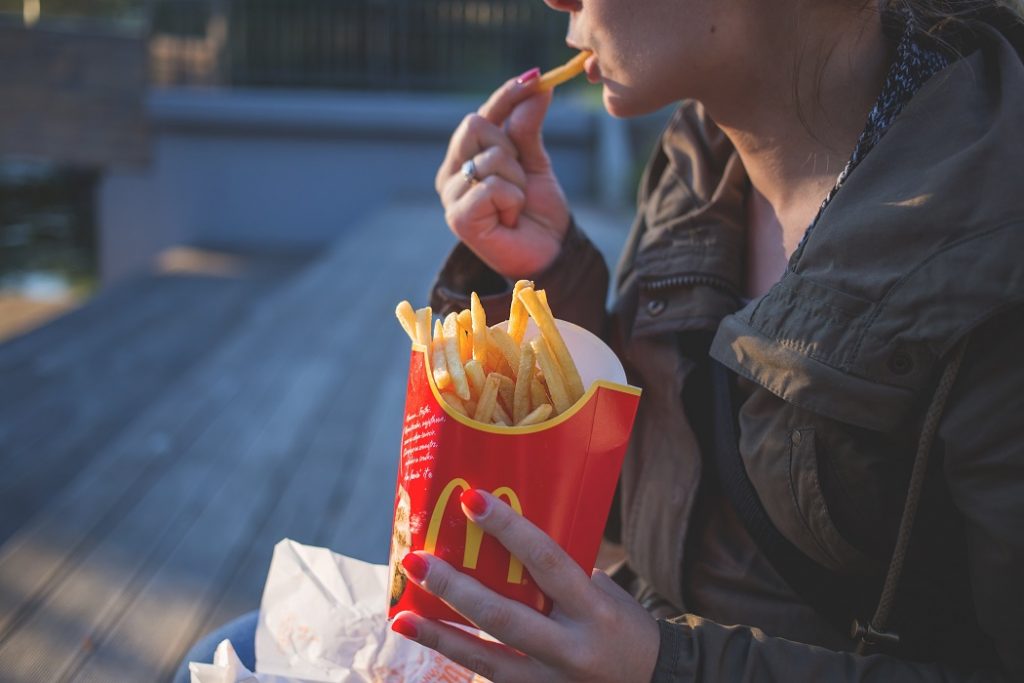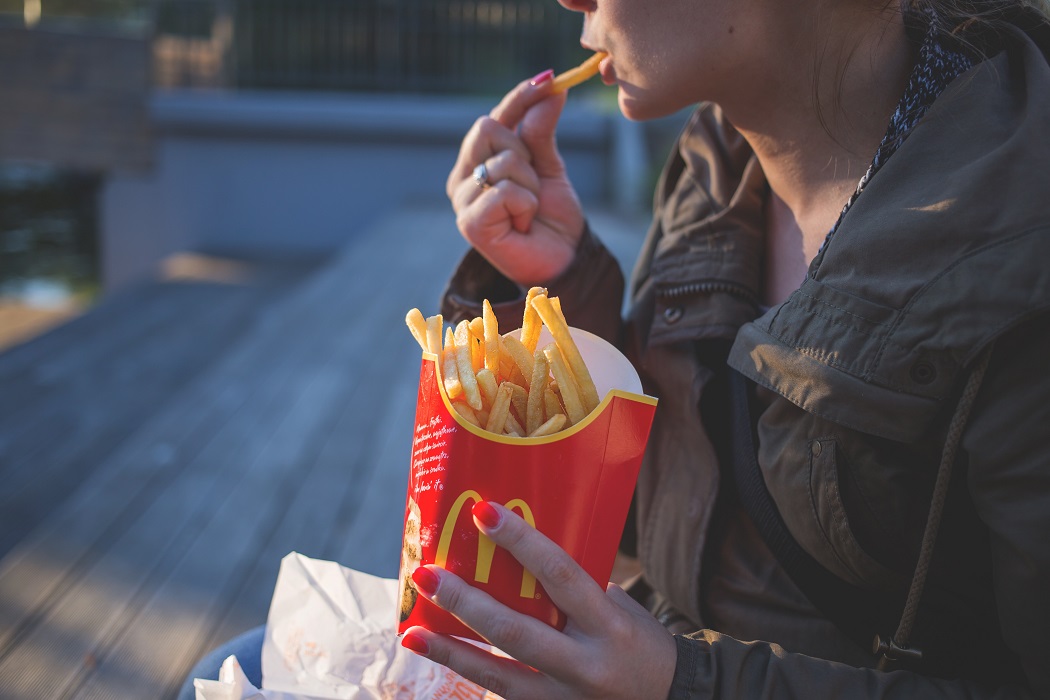
The vast majority of businesses today have embraced recycling as a way to reduce their environmental footprint and lower the damage they cause. However, not all these establishments are equally successful when it comes to recycling, most ventures being subjected to what specialists call recycling contamination. And sadly, most of them don’t even know that this phenomenon can compromise all their recycling efforts. To learn more on the topic, how does it impact your business efforts, and how to avoid recycling contamination, keep reading below. We have plenty of information.
Recycling Contamination – What is it and How does it Occur?
Simply put, recycling contamination occurs when objects meant for recycling are placed in the wrong recycling system or container. It can also occur when the wrong items are inadequately prepared for recycling. For instance, when your plastic yogurt container is put into the plastic recycling bin, but it still has yogurt residue inside.
This recycling contamination means your efforts are in vain, the entire loan of recycling materials your company sends being dumped in a landfill.
Unless you have a sorting contract with a recycling provider, your recycling materials will be useless, and so will all your recycling efforts.
Recyclables containing residues, like oil, food waste, grease, and other residue are always considered contaminants.
Recycling Contamination Comes in Many Shapes and Forms
Now that we have established that recycling contamination turns your loads in rubbish, let’s see what types of contamination have been identified by environmental experts. All in all, most of them are easily and fully avoidable, as long as you know what to search for.
- Plastic bags – plastic bag contamination occurs with a high frequency, and it impacts both your recycling loads and the machinery at the local recycling facility. When improperly disposed of, it must be manually removed by the employees at the recycling facility, if so stated in the contract, and if not fully removed from the load, it may clog the recycling machinery. However, most loads meant for recycling that are contaminated with plastic will end up in landfill, due to the enormous work that must be put into separating it. To avoid this type of contamination, just make sure everybody in your company keep plastic waste in the right system.
- Food waste – the easiest way to turn perfectly recyclable materials in the trash is to leave them contaminated with food. If you are the type of company that has food delivered to its employees daily, you must know that cardboard food boxes filled with oil or food waste will end up in landfills. This goes the same for perfectly recyclable containers and jars if they’re not properly rinsed before being disposed of. Make sure all your employees know exactly how these containers must be cleaned before disposing of them. A general note in the company cafeteria, placed just above the recycling system would be a great way to remind your employees of this issue.
- Loose shredded paper – what makes paper so perfect for recycling is its long fibre arrangement. When companies want to destroy sensitive information paperwork, they rely on paper shredders. But this comes with a huge downside. When shredded, paper loses its long fibre arrangement and its recycling needs change. Most frequently than not, companies throw away this sort of paper in the same container with regular paper. When this happens, the small pieces of paper must be manually separated from the rest. But most recycling companies lack the means to do so, so the entire load ends up in landfills. Implement clear and strong recycling guidelines for loose shredded paper to avoid this huge recycling pitfall.
- Brightly coloured paper – to better understand how this may be a recycling problem, only think of what happens when you mix coloured clothing with white clothing in your washing machine.
- Beverage cartons – in some areas of the world, municipalities take in beverage cartons in recycling plants, while others don’t. Some municipalities have specialised machinery to recycle such waste. They are waste or trash compactors in New Zealand, and they are specifically developed for this purpose. However, other countries lack the means for such containers.
- The wrong types of plastics – to figure out what type of plastic generated by your company can be easily recycled, check in with your local municipality. PET is the easiest to recycle, but if your company also generates other types of plastic waste, those may not be suitable for recycling purposes.
- Hazardous waste – some businesses handle hazardous waste daily. These establishments are familiar with the recycling norms for sure. But if your company interacts with it sparingly, you may be completely unaware of the dangers. For instance, paint containers and pesticides need appropriate recycling systems.
- Biohazardous waste – anything with traces of human fluid is considered biohazardous waste. Make sure you implement clear recycling guidelines for toilet use since this is the most common place for businesses where this sort of contamination occurs.
- Unrinsed or Metal-Capped Glass – all businesses should know that recycling glass can be easily recycled as long as it is properly disposed of. That being said, all metal caps must be carefully removed before throwing away such items and all bottles should be thoroughly rinsed.
Why does it Matter and How to Avoid it?
Recycling contamination is important due to a series of reasons, the most important being exposed below.
- When recycling contamination occurs, recycling becomes impossible, the loads you send to the plant becoming rubbish.
- High maintenance costs when contaminated loads are processed by specialised machinery.
- Recycling material devaluation occurs in this scenario as well because it reduces the overall quality of the recycled product.
There are always great ways to prevent recycling contamination within your company, one of the best being a clear set of recycling rules and guidelines. Invest in proper training for your staff when it comes to recycling and recycling contamination. Your company should also collaborate with a recycling provider that can offer more information and support whenever necessary.

